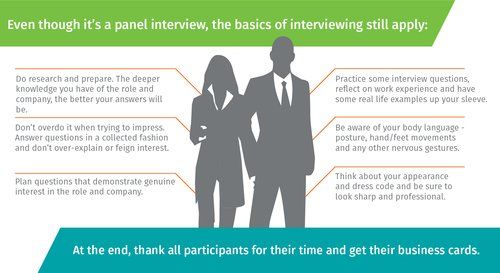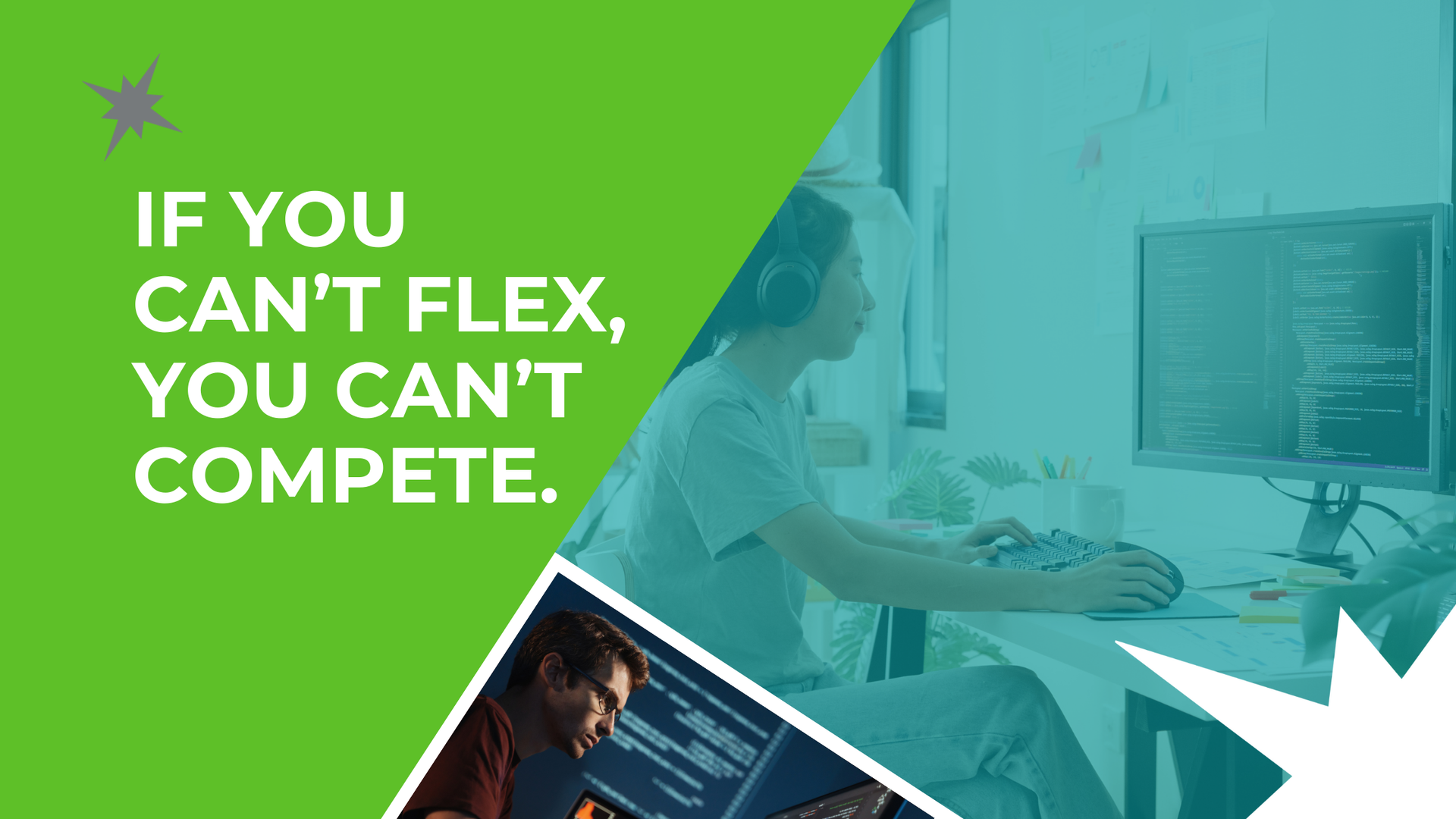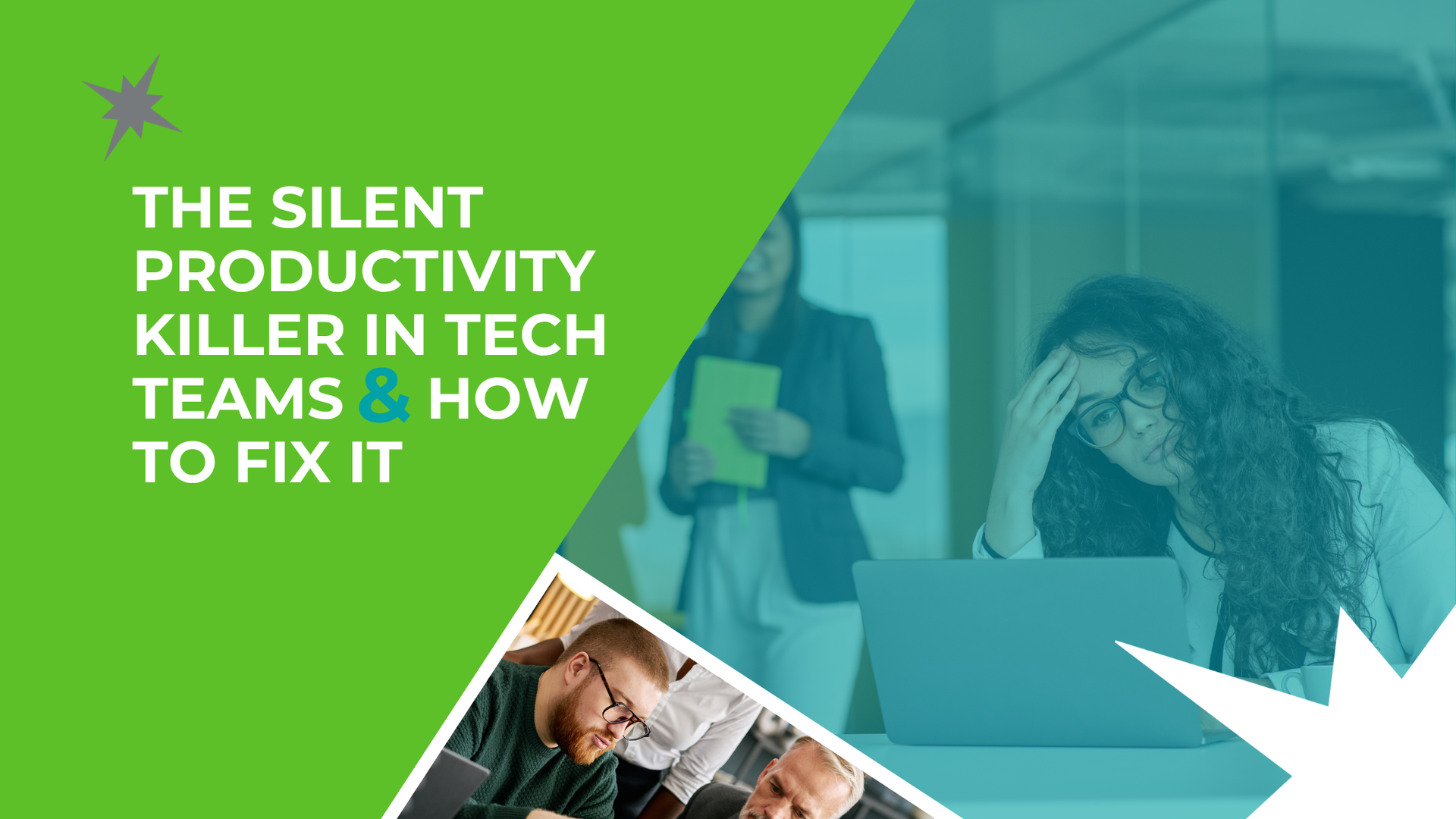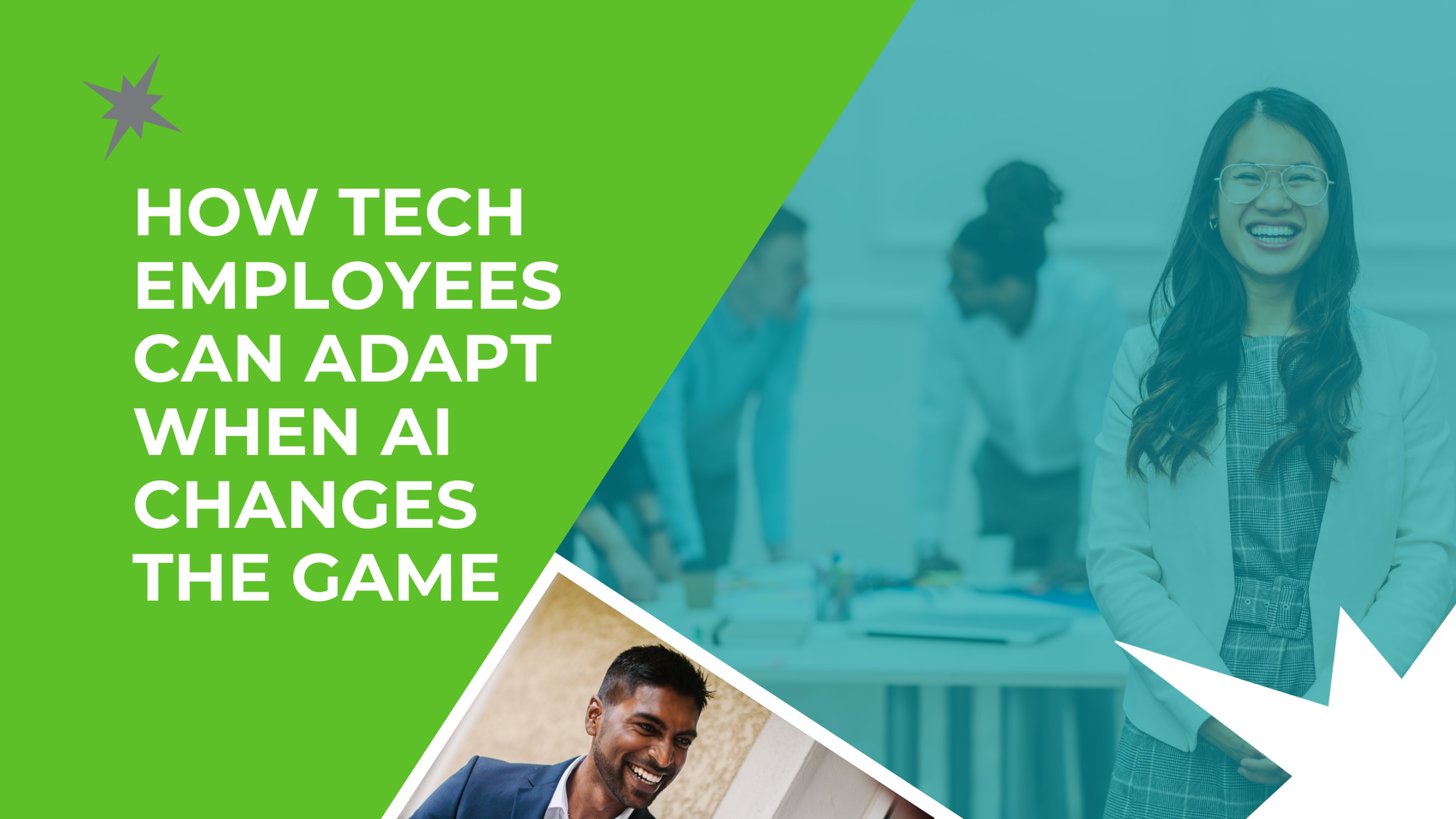News & Insights
< Back to Blogs
How to Ace A Panel Interview

As IT roles become more complex and start to involve a greater number of stakeholders, panel interviews are becoming increasingly common. The added pressure of questions being fired from all angles can often be uncomfortable for applicants, especially if they haven’t experienced that kind of interview before. However, it’s not a tactic to intimidate you. In fact, panel interviews are an efficient way for organisations to get all of the necessary decision-makers together and gather all their impressions at once.
While it might initially seem like a daunting situation, with the right preparation you can come out on the other side with confidence. Here are our top tips to help you shine in a panel interview..
The Make-up of the Panel
As with all interviews, research is key. Take some time to understand who will be interviewing you. How many people will be on the panel? What are their names? Job titles? What role do they have within the organisation?
Have a look on LinkedIn and find out how long they’ve been in their position, what their background is and anything else you can find out about what they do at the company. Understanding their roles and responsibilities can also help give a sense of where the job you’re interviewing for fits within the organisation and how it intersects with their functions.
If you haven’t been told who’s going to be on the panel then do ask. One of the key advantages to working with a recruitment agency is that we will fully brief you on what to expect, so that you’re as prepared as you can be heading into the interview.
Build Rapport
When introducing yourself to everybody at the start of the interview, it’s important to engage with each member of the panel and start building a rapport with them. Stand out and impress them by coming across as confident and relaxed.
Greet everyone with a handshake and focus on one individual before meeting the next. During the interview, be sure to engage with each person and not just the most outgoing panel member, or the one who you think has the most decision-making power.
It’s likely that each member of the panel will ask at least one question. When they do, maintain eye contact with the person asking, but when answering, address the whole panel. Use their names and consider the tone and style in which you interact with them.
Admittedly it can be difficult to remember everyone’s names (especially when nerves are mixed in too) and if you think you’ll struggle with this, then there is no harm in bringing a notebook along to jot down their names according to their seating position. If you feel it isn’t appropriate to take notes, and you’re having trouble remembering the names of the panel members, don’t worry too much. While it’s definitely still advised, it’s unreasonable to expect someone in an interview situation to remember everybody’s names – especially if the panel is made up of four or five people.
Be prepared for a variety of different questions and for the interviewers to potentially have different opinions and perspectives from each other. For example, one might respond more positively to an answer than another member of the panel who might challenge it. Be positive and calibrate responses to the group’s reactions. Demonstrating active listening throughout the interview will show them that you’re paying attention, and when appropriate it’s good to refer to previous questions in your answers. This can also help give a conversational feel to the interview.

Follow Up
Once you’ve made it through your interview and thanked each member of the panel for their time, you need to follow up.
Give yourself the best chance of standing out over other candidates by writing a thank you note to each member of the panel. It’s not enough to send one email to everyone or to one member of the panel, so instead make them personal and unique.
Summary
Being questioned by a panel can seem intimidating, but with the right preparation, your chances of success will increase and the extra confidence will make you feel more at ease. Although it’s natural to feel nervous, try to view a panel interview as a conversation and an opportunity to establish rapport with potential new colleagues and management.
If you need further interview advice on this or would like some support with your IT job search, we’d love to help so get in touch.
Share This Article
Recent Articles

Filter By Category
Subscribe to our News & Advice












